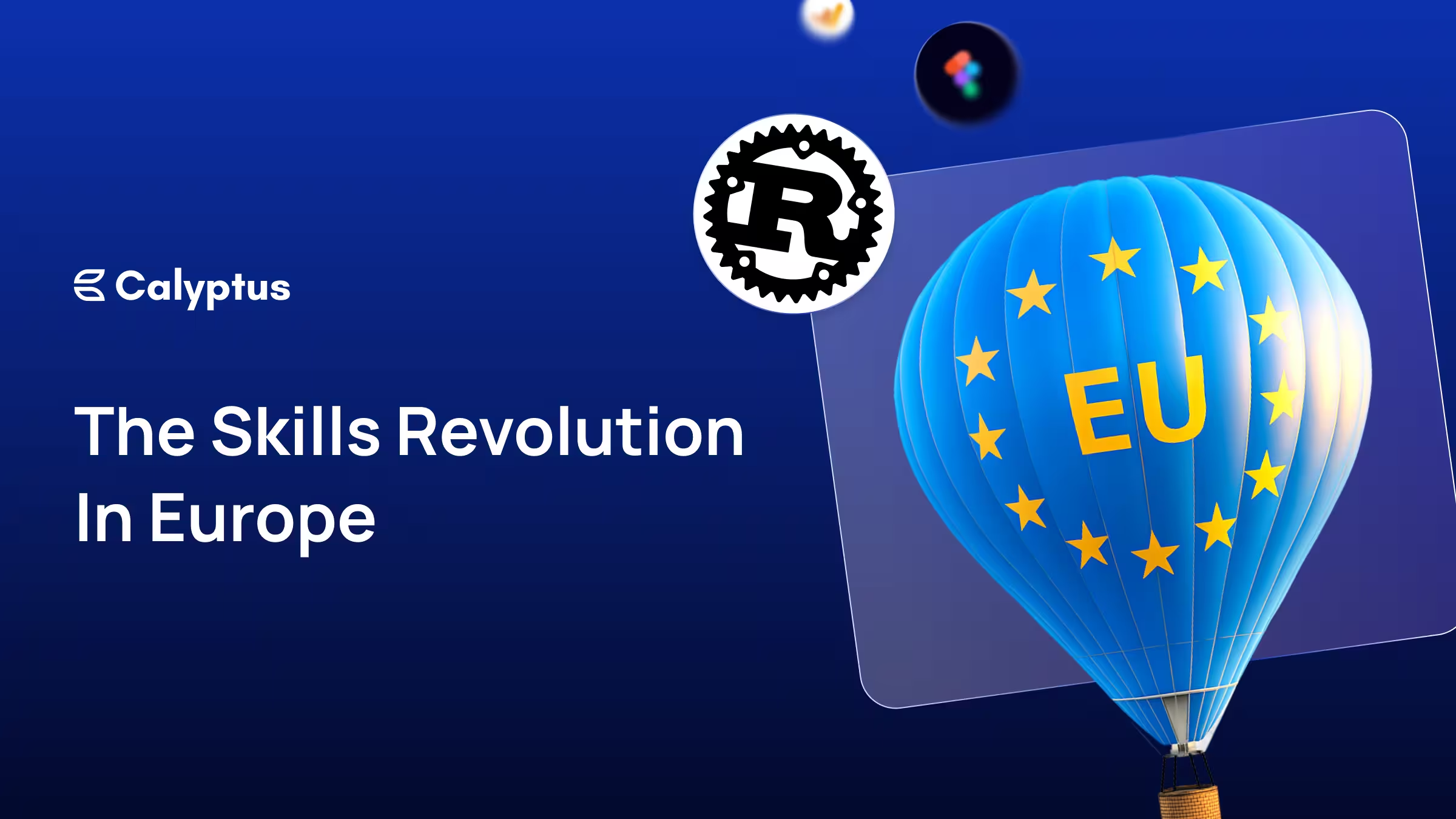By 2025, skills-based hiring has become the cornerstone of talent acquisition across Europe. Up to 73 percent of top organizations in the UK, Germany, and France now use competency-first approaches, delivering 2 times higher productivity, 1.4 times better retention, and hires that are 5 times more predictive of on-the-job performance than traditional degree-based recruitment.
1. Why Europe Is Embracing Skills First
Europe’s labor market faces chronic skills shortages, 80 percent of EU employers report gaps in digital, green-energy, and AI capabilities. National initiatives such as Germany’s Digital Opportunities Act and France’s Pact for Skills aim to reskill 120 million adults by 2025 under the European Skills Agenda. As automation reshapes roles, companies need proven competencies rather than outdated credentials.
2. Data-Driven Outcomes: Productivity, Retention and Performance
- 2 times Productivity: Firms using structured skills assessments report twice the output per employee compared to degree-only screening
- 1.4 times Retention: Skills-based hires stay 34 percent longer on average, cutting churn costs by €8 000 per hire
- 5 times Predictive Validity: Technical and behavioral assessments correlate five times more strongly with performance than GPA or pedigree
3. Expanding Talent Pools and Boosting Diversity
Shifting to skills screening reduces reliance on elite institutions by 31 percentage points, widening access for self-taught, vocational, and mature-entry professionals.
4. Sector Deep Dives: Tech, Fintech and Green Energy
Technology
- Adoption Rate 78 percent of European tech firms use skills-first job ads
- Top Skills Assessed: Cloud (AWS/Azure), Python, DevOps, AI/ML frameworks
- Business Impact 2 times faster ramp-up for new hires and 1.5 times improvement in project delivery
Fintech
- Adoption Rate 74 percent of EU fintech startups apply skills assessments pre-interview
- In-Demand Skills: Blockchain architecture, data analytics, cybersecurity compliance
- Result 1.7 times higher revenue-per-employee growth
Green Energy
- Adoption Rate 65 percent of renewable-sector employers waive degree mandates
- Core Competencies: ESG reporting, IoT sensor integration, hydrogen process design
- Outcome 30 percent faster project onboarding and 18 percent lower training budgets
5. A Five-Step Roadmap to Skills-First Hiring
- Redefine Roles around clear competencies such as “AWS Solutions Design”
- Integrate EU Taxonomies via the ESCO Classification for consistent skill tagging
- Deploy AI Assessments with tools like TestGorilla for unbiased evaluations
- Standardize Work-Samples through real-world tasks graded by transparent rubrics
- Measure and Iterate on KPIs, time-to-fill, cost-per-hire, quality-of-hire and turnover
6. Candidate Playbook: From Portfolio to Placement
- Build Skill Portfolios on GitHub, Kaggle or personal sites
- Earn Micro-Credentials from Coursera and LinkedIn Learning in AI, cloud, and data analysis
- Showcase Soft Skills via video walkthroughs of problem-solving sessions and team-project retrospectives
- Practice Assessments on Mockapp and HireVue to master time-pressured scenarios
7. Recruiter Playbook: Sourcing, Engaging and Retaining Talent
- Tap Diverse Pipelines including coding bootcamps, vocational schools and freelance platforms
- Optimize Job Ads with ESCO skill codes and clear task descriptions on EURES, LinkedIn and Indeed
- Offer Onboarding Incentives such as €1 000 in training credits funded by EU Skills Agenda grants
- Calibrate Competency Models quarterly by hosting “skill-sync” workshops with hiring managers
8. Case Study: Siemens’ Skills-First Transformation
Siemens invested €20 million in reskilling and replaced degree filters with AI assessments. The result was a 45 percent increase in applicant diversity, 25 percent shorter hiring cycles and 2.3 times higher new-hire productivity within six months.
9. Ecosystem Enablers and Policy Support
- European Skills Agenda targets 120 million adult learners and a micro-credential framework by 2025
- ESCO’s taxonomy offers over 13 000 skill entries in 27 languages for seamless job matching
- National programs like France Travail’s skills vouchers and Germany’s Upskilling Alliance subsidize tool adoption and training
Conclusion: The New Currency of Work
Europe’s shift to skills-based hiring is a lasting transformation. By focusing on demonstrable capabilities, organizations unlock larger, more diverse talent pools, boost productivity and improve retention. For candidates, tangible skills showcased through portfolios and micro-credentials pave the way to premium roles. As AI-driven assessments and harmonized taxonomies mature, the skills revolution will continue to redefine how talent is sourced and integrated across Europe.




